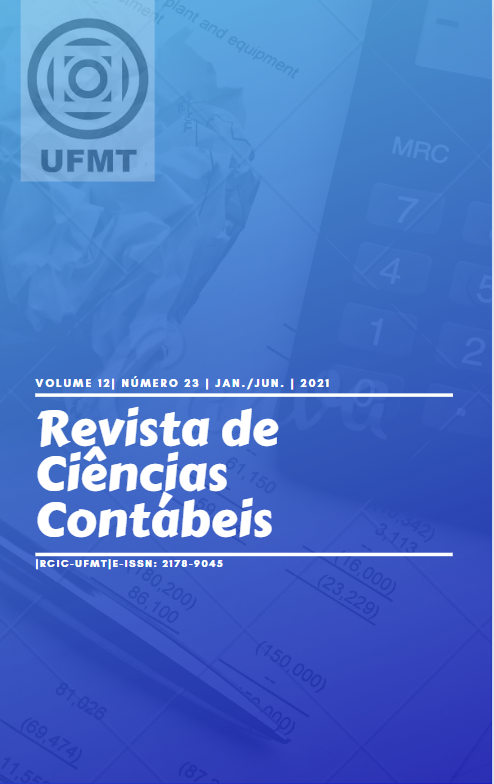Corrupção e a dinâmica do resultado primário dos municípios brasileiros
Abstract
This article aims to verify to what extent political corruption can compromise the efforts of public entities to reach pre-established goals for the primary result. Thus, verify the existence of a structural change in the primary result of Brazilian municipalities during the period in which the case of the “mafia of ambulances” or “leeches” occurred (1999 to 2006). Our results initially estimated through a purely seasonal model of moving averages of the primary result indicated, through the Chow test, that there were consecutive structural changes in the series during the period of the corruption scandal, with 2004 being the year that presented breaks more significant structural. Under the aegis of the theory of rational choice, we can conclude that corruption is a type of action that characterizes the rationality of social actors tend to select actions whose expected result is a look totally under the primacy of the individual over the collective, above all, maximizing it if earnings. In this case, businessmen and politicians negotiated bidding contracts for the acquisition of vehicles and equipment for the health area, whose estimated amounts exceed one hundred million reais.
Downloads
Published
Issue
Section
License
- Os direitos autorais para artigos publicados nesta revista são do autor, com direitos de primeira publicação para a revista.
- Em virtude de aparecerem nesta revista de acesso público, os artigos são de uso gratuito, com atribuições próprias, em aplicações educacionais e não-comerciais.
- A revista permitirá o uso dos trabalhos publicados para fins não-comerciais, incluindo direito de enviar o trabalho para bases de dados de acesso público.
- Permite-se a reprodução desde que citada à fonte e o autor.
- Os artigos publicados são de total e exclusiva responsabilidade dos autores.
- O(s) autor(es) autoriza(m) a publicação do artigo na revista;
- O(s) autor(es) garante(m) que a contribuição é original e inédita e que não está em processo de avaliação em outra(s) revista(s);
- A revista não se responsabiliza pelas opiniões, ideias e conceitos emitidos nos textos, por serem de inteira responsabilidade de seu(s) autor(es);
- É reservado aos editores o direito de proceder ajustes textuais e de adequação do artigo às normas da publicação;
- O(s) autor(es) declaram que o artigo não possui conflitos de interesse.
- O(s) autor(es) se comprometem a atender todas as recomendações feitas pelos avaliadores, caso o artigo seja aprovado na apreciação por pares cegas (double-blind review).

